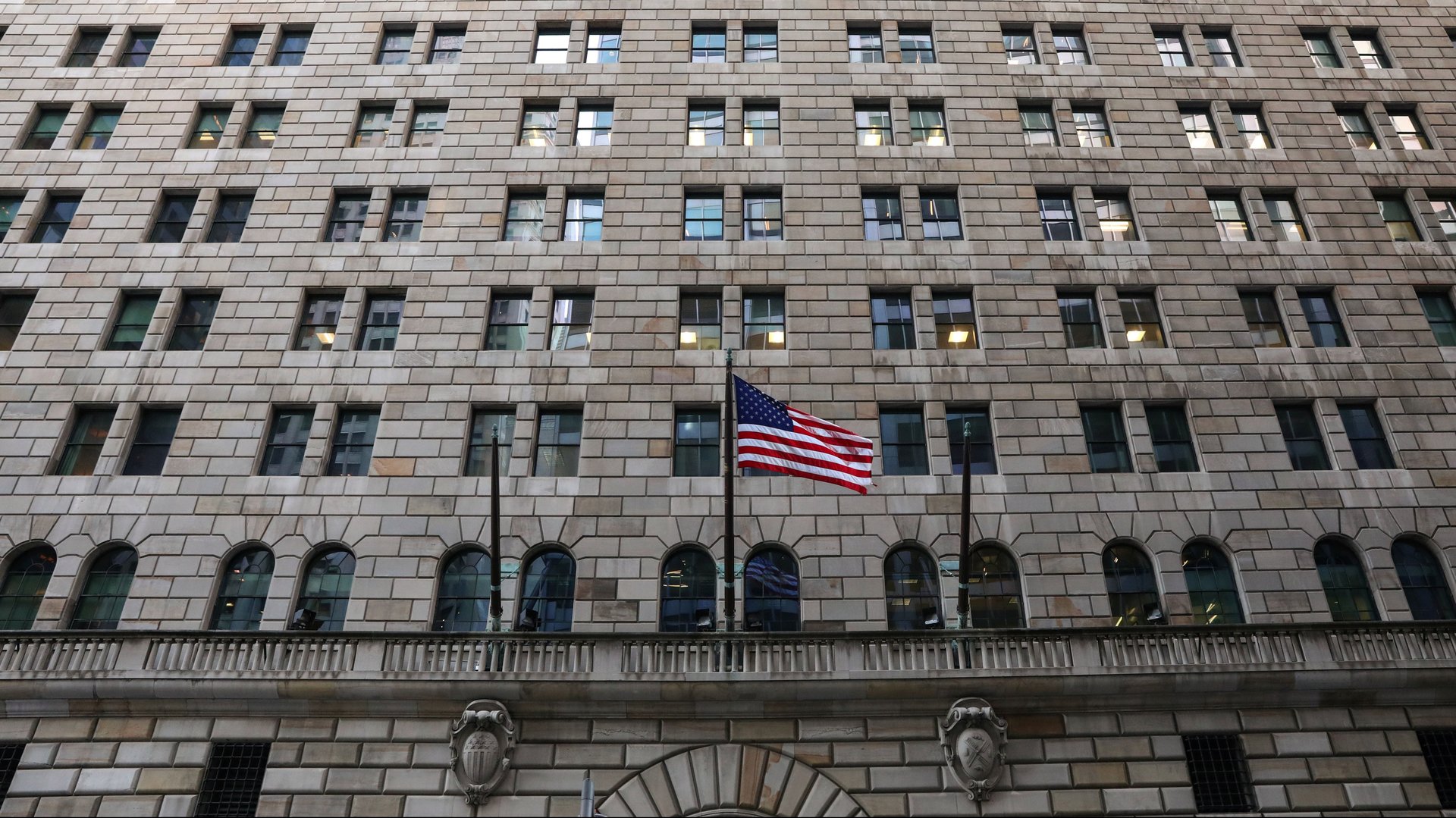As the world braces for a recession, the Fed is rolling back measures put in place to stop it
The Federal Reserve is planning a rollback of financial regulations designed to limit the impact of a recession, just as the world is bracing for the next one.


The Federal Reserve is planning a rollback of financial regulations designed to limit the impact of a recession, just as the world is bracing for the next one.
After the last recession hit, in 2008, a flurry of new regulations were introduced to rein in the largest financial banks and financial firms. In theory, these regulations—which include annual “stress tests”—increase transparency and are intended to make the financial system safer for everyone involved. But by the banks’ reckoning, the same regulations make it harder for them to give people or institutions the loans they seek, and in turn limit the potential for economic growth.
After nearly a decade of pressure from the financial industry, federal regulators have begun chipping away at those rules. In 2017, US president Donald Trump directed Treasury Secretary Steven Mnuchin to review existing financial system regulations, with the goal of taking the teeth out of the 2010 Dodd-Frank Act and revising the Volcker Rule, which prevents banks from using their own accounts for short-term proprietary trading. Trump then signed a law last year that rolled back regulations on small and regional banks, and lowered the amount of capital large banks are required to hold.
Yesterday (March 6), the Federal Reserve announced it will make annual stress test on leading banks less onerous. Currently, the tests assess whether financial institutions can manage, and keep lending, during a crisis, with a pass or fail grade at the end. Going forward, however, the pass/fail system will be dropped, and banks will instead facing enforcement actions rather than a failing grade. Separately, the Fed will relieve large non-bank financial institutions, such as insurers and asset managers, from a “systemically important” classification, which exposed them to greater government oversight and regulation. (The classification has been seldom used and currently applies to just four “too big to fail” firms.)
The financial industry says the move is long overdue, that banks are in good shape and that regulations are simply holding them back. But the timing seems fraught with danger. Three months out from the worst year for markets in a decade, conditions are at best choppy and at worst precarious. Even if the precise tipping point remains unknown—contagion, slowing global growth, risky corporate debt (membership)—the prognosis of a coming recession seems clear.
Stripping back transparency measures may make it harder for regulators to keep tabs on what’s going on amid this turbulence. Dennis Kelleher, president of Better Markets, a financial industry watchdog group, worries that ending the potential for public fail grades after stress tests “deprives the public of the ability to hold the banks and regulators accountable,” he told the New York Times. “The markets are not going to have the full picture.”